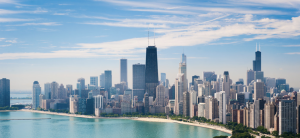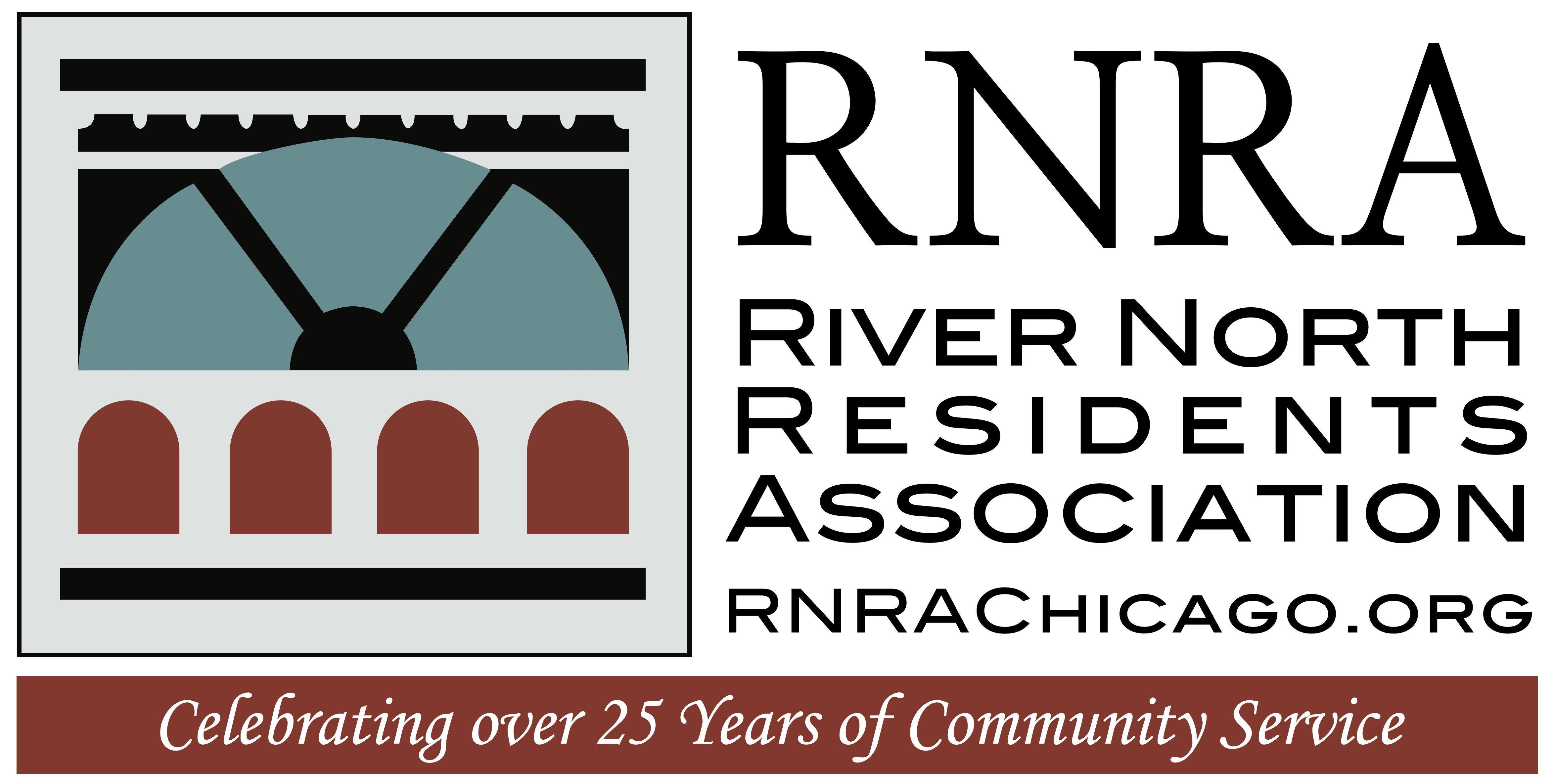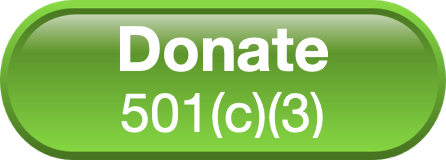
ALDERMAN REILLY REPORTS 1/8/2021
The City of Chicago wants to remind residents, workers and businesses of new local laws, regulations and deadlines that they should be aware of in 2021. These new laws include: the implementation of important protections for Chicago’s workers; regulations to reform the shared housing industry to ensure safe and responsible operation; the extension of relief measures for businesses; the legalization of Accessory Dwelling Units in pilot areas; the implementation of new revenue sources and policy changes to Automatic Speed Enforcement to enhance public safety.
Minimum Wage
- On July 1, 2021, as a fulfillment of an ordinance passed in 2019, hundreds of thousands of Chicagoans will get a raise. On that day, Chicago’s minimum wage will increase to $15 an hour at large businesses and $14.50 an hour for workers at businesses with 20 or fewer employees.
- Also on July 1, the minimum wage for tipped workers will increase to $9.00 an hour, with employers required to make up the difference if base wage plus tips do not equal $15.00 an hour.
Shared Housing Reforms
- In September, 2020, the City Council passed an ordinance that reforms the regulation of the Shared Housing industry in Chicago. As part of this landmark ordinance, a series of new regulatory measures will come into effect on April 1, 2021 that will ensure public safety and accountability within the industry.
- As part of this new regulatory structure, Chicagoans that use platforms like Airbnb or HomeAway among others to rent their residential units will now need to apply directly with the Department of Business Affairs and Consumer Protection and pay a new $125 registration fee. This will improve the City’s ability to ensure regulations are being met and take enforcement when necessary against problem locations.
Accessory Dwelling Unit Legalization
- North zone covering parts of the West Ridge, Edgewater, Uptown, Lake View, North Center, and Lincoln Square community areas;
- Northwest zone covering parts of the Albany Park, Irving Park, Avondale, Hermosa, Logan Square, West Town, Near West Side, and East Garfield Park community areas;
- West zone covering parts of the East Garfield Park, West Garfield Park, North Lawndale, and South Lawndale (Little Village) community areas;
- South zone covering parts of the Ashburn, Auburn Gresham, West Lawn, Chicago Lawn, Washington Heights, Roseland, Chatham, Greater Grand Crossing, Englewood, West Englewood, Washington Park, and Woodlawn community areas; and,
- Southeast zone covering parts of the South Chicago, East Side, South Deering, and Hegewisch community areas.
Extension of Business Relief
- As thousands of Chicago businesses continue to deal with the significant impact of the COVID-19 crisis, the City has moved to give further relief to businesses by extending critical relief efforts and renewal dates into 2021. As a part of these measures, all existing Sidewalk Cafes will be now be able to operate until May 1, 2021 without needing to renew or pay a renewal fee.
- Additionally, all business and public vehicle licenses with an expiration date between March 15, 2020 and June 15, 2021 will be considered active and will not need to pay a renewal fee until July 15, 2021. Licensees will have until July 15, 2021 to renew without paying a late fee.
Vehicle Fuel Tax and Cloud Tax
- There will be a series of modest increases in taxes and fees that come into effect on January 1, 2021. This includes an increase in the Vehicle Fuel Tax by $0.03 per gallon on non-aviation purchases. To fill up a 12-gallon gas tank, motorists will see an increase of approximately $0.36.
- Additionally, there will be a 1.75 percentage point increase to the cloud tax which is applied to computer leases of cloud software and cloud infrastructure. This tax aligns with the tax imposed on all other lease, rental or use of rented, personal property currently taxed at 9 percent.
Parking Meter Rates
- Consistent with legislation passed last year, and in accordance with the calculation therein, the parking meter rates for the $2-per-hour zone increased by a quarter to $2.25 per hour on January 2. Rates in the $4.50 and $7.00 zone remain unchanged.
New Threshold for Automated Speed Enforcement
- In response to an alarming increase in vehicle speeding and traffic fatalities, the City will enforce the legal limit for issuing speeding violations in Automated Speed Enforcement (ASE) Children’s Safety Zones, such as schools when they are in session and children are present, and in parks during hours when they are open. Starting on January 15, a 44-day warning period will begin where owners of cars caught speeding between 6-10 mph over the speed limit will receive a warning by mail.
- The issuing of tickets to vehicles driving 6-10 MPH over the speed limit in ASE zones during hours of enforcement will start March 1. Fines are $35 for vehicles traveling 6-10 MPH over the speed limit and will remain $100 for vehicles driving at 11 miles or more over the speed limit.
- A map of the City’s speed cameras and Children’s Safety Zones can be found HERE.


